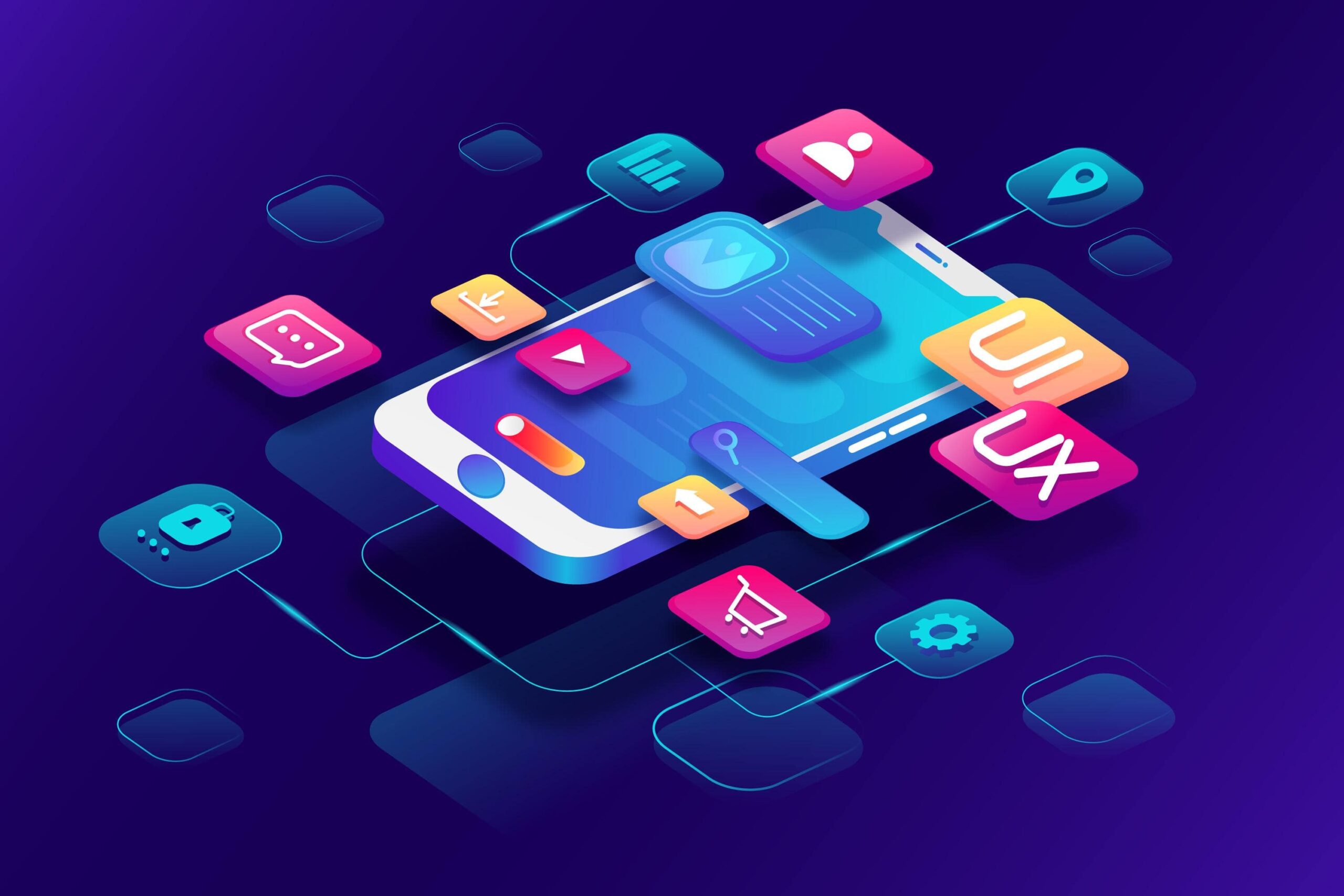AI-Powered Mobile Apps: Transforming the Digital Landscape
Introduction
Artificial Intelligence (AI) has revolutionized numerous industries, and mobile app development is no exception. AI-powered mobile apps leverage machine learning, natural language processing, and data analytics to deliver smarter, more personalized user experiences. These apps can predict user behavior, automate tasks, and provide real-time insights, making them indispensable in today’s digital age.
Technical Specifications
Machine Learning Algorithms
AI-powered mobile apps use various machine learning algorithms to analyze data and make predictions. Common algorithms include decision trees, neural networks, and support vector machines. These algorithms enable the app to learn from user interactions and improve over time.
Natural Language Processing (NLP)
NLP allows apps to understand and respond to human language. This technology is essential for chatbots, voice assistants, and language translation apps. It involves techniques such as tokenization, sentiment analysis, and named entity recognition.
Data Analytics
Data analytics tools in AI-powered apps process large volumes of data to extract meaningful insights. These tools help in personalizing user experiences, predicting trends, and making data-driven decisions. Key components include data mining, statistical analysis, and predictive modeling.
Integration with Cloud Services
Cloud integration is crucial for AI-powered apps as it provides the necessary computational power and storage. Cloud services like AWS, Google Cloud, and Microsoft Azure offer AI and machine learning APIs that developers can integrate into their apps for enhanced functionality.
Applications
Healthcare
AI-powered mobile apps in healthcare assist in diagnosing diseases, monitoring patient health, and providing personalized treatment plans. Examples include symptom checkers, telemedicine apps, and fitness trackers.
Finance
In finance, AI apps analyze market trends, manage investments, and detect fraudulent activities. Popular applications include robo-advisors, expense tracking apps, and automated trading platforms.
Education
Educational apps use AI to personalize learning experiences, offer tutoring, and assess student performance. Features include adaptive learning platforms, language learning apps, and virtual classrooms.
Retail
Retail apps leverage AI to enhance the shopping experience through personalized recommendations, inventory management, and customer service chatbots.
Entertainment
AI is transforming the entertainment industry with apps that suggest movies, generate music playlists, and create personalized content feeds.
Benefits
Enhanced User Experience
AI-powered apps provide a personalized experience by understanding user preferences and behavior. This leads to increased user satisfaction and engagement.
Increased Efficiency
These apps automate repetitive tasks, streamline processes, and reduce the need for manual intervention, thus increasing overall efficiency.
Data-Driven Insights
AI apps analyze large datasets to offer valuable insights and predictions, helping businesses make informed decisions.
Improved Security
AI enhances app security by detecting and preventing fraud, identifying vulnerabilities, and providing robust authentication mechanisms.
Challenges and Limitations
Data Privacy Concerns
The collection and use of personal data raise privacy issues. Ensuring data protection and compliance with regulations like GDPR is crucial.
High Development Costs
Developing AI-powered apps can be expensive due to the need for specialized skills, tools, and infrastructure.
Ethical Considerations
The use of AI raises ethical questions, such as bias in algorithms and the potential for misuse. Developers must address these concerns to build trustworthy apps.
Technical Complexity
Integrating AI technologies into mobile apps requires advanced technical expertise, which can be a barrier for many developers.
Latest Innovations
AI Chatbots
Recent advancements in AI chatbots have made them more human-like and capable of handling complex interactions, enhancing customer service.
Augmented Reality (AR)
AI-powered AR apps offer immersive experiences by combining real-world and digital elements, used in gaming, retail, and education.
Predictive Analytics
AI apps now use predictive analytics to forecast user behavior, market trends, and potential risks, providing proactive solutions.
Voice Recognition
Voice recognition technology has improved significantly, enabling more accurate and responsive voice assistants like Siri, Alexa, and Google Assistant.
Future Prospects
Expansion in IoT
AI will play a crucial role in the Internet of Things (IoT), enabling smarter homes, cities, and industries through connected devices and data analysis.
Autonomous Vehicles
AI is at the core of autonomous vehicle development, with apps that assist in navigation, safety, and traffic management.
Advanced Personalization
Future AI apps will offer even more personalized experiences by understanding user context, preferences, and emotions.
Healthcare Advancements
AI-powered healthcare apps will continue to evolve, offering advanced diagnostics, personalized treatments, and improved patient outcomes.
Comparative Analysis
AI vs. Traditional Apps
AI-powered apps differ from traditional apps in their ability to learn and adapt. Traditional apps follow predefined instructions, while AI apps evolve based on user interactions and data analysis.
AI in Different Industries
The impact of AI varies across industries. For instance, in healthcare, AI focuses on diagnostics and treatment, while in finance, it aims at fraud detection and investment management.
User Guides or Tutorials
How to Develop an AI-Powered Mobile App
- Define the App’s Purpose: Identify the problem your app will solve and the target audience.
- Choose the Right AI Technology: Select the appropriate AI technologies, such as machine learning, NLP, or computer vision.
- Data Collection: Gather and preprocess the data required for training your AI models.
- Model Training: Train your AI models using suitable algorithms and validate their performance.
- Integration: Integrate the AI models into your mobile app using APIs and SDKs.
- Testing: Thoroughly test the app for functionality, performance, and security.
- Deployment: Deploy the app on relevant platforms (iOS, Android) and monitor its performance.
Tips for Using AI-Powered Apps
- Understand Permissions: Be aware of the permissions you grant to AI apps, especially regarding data access.
- Regular Updates: Keep your apps updated to benefit from the latest features and security improvements.
- Privacy Settings: Adjust privacy settings to control how your data is used.
- Explore Features: Take time to explore all features of the app to maximize its benefits.
Conclusion
AI-powered mobile apps are transforming various industries by providing personalized experiences, improving efficiency, and offering data-driven insights. Despite challenges like data privacy and high development costs, the benefits and future potential of AI in mobile app development are immense. Embracing AI technology will continue to drive innovation and enhance the digital landscape.


